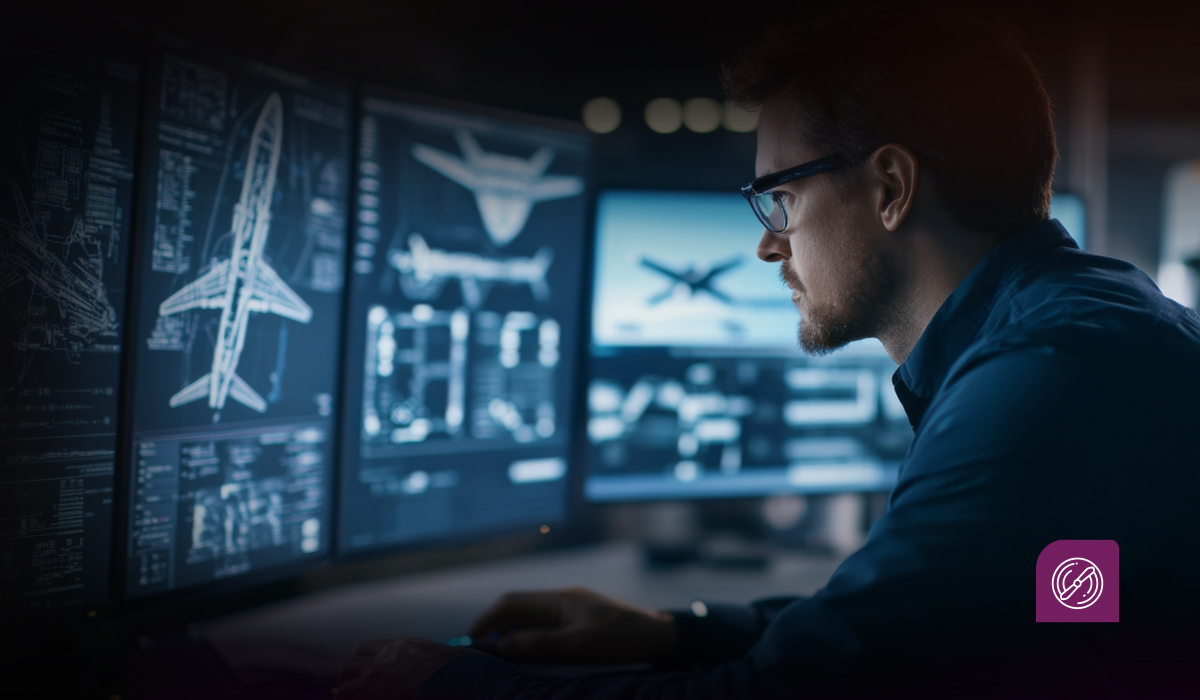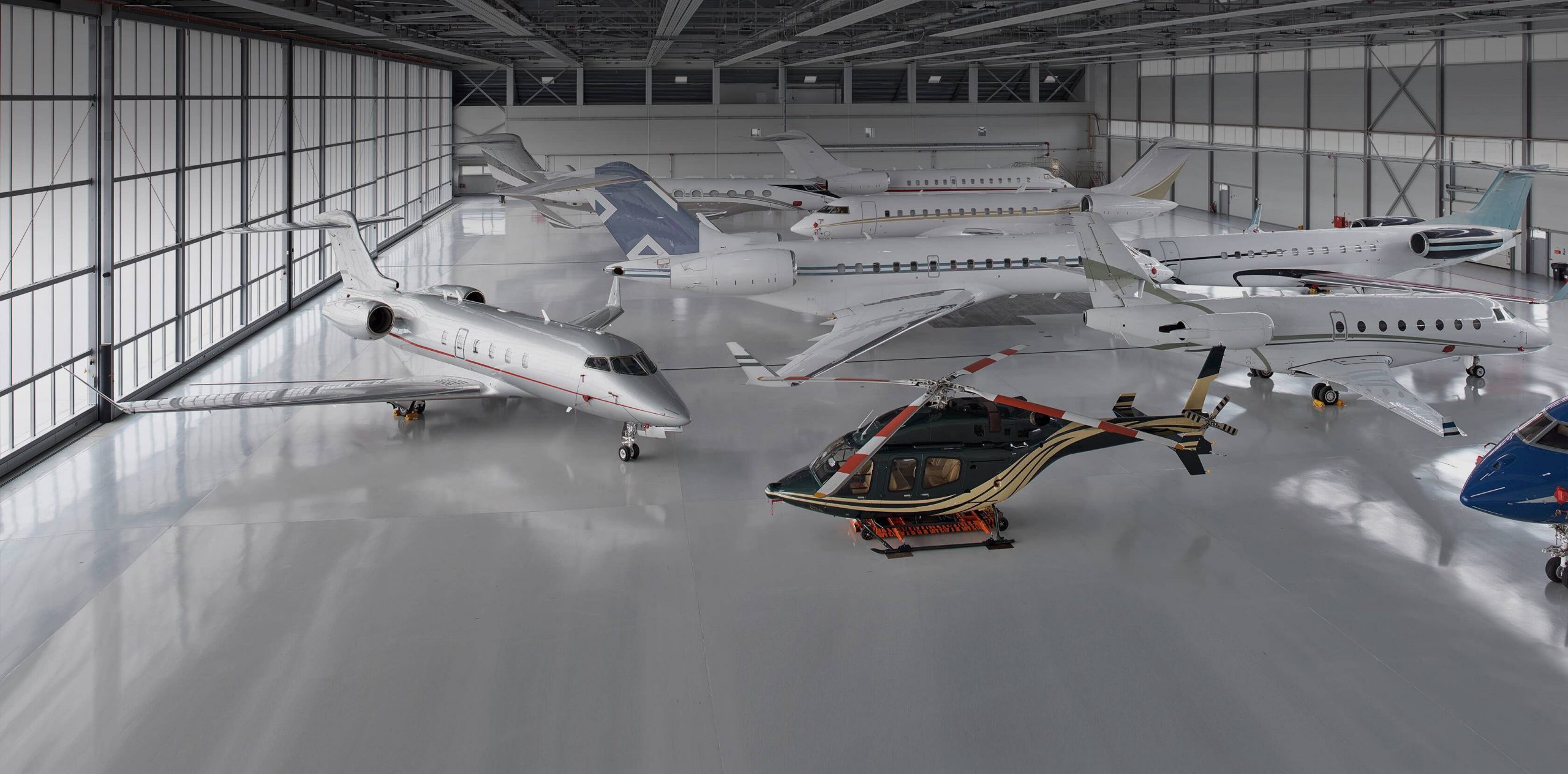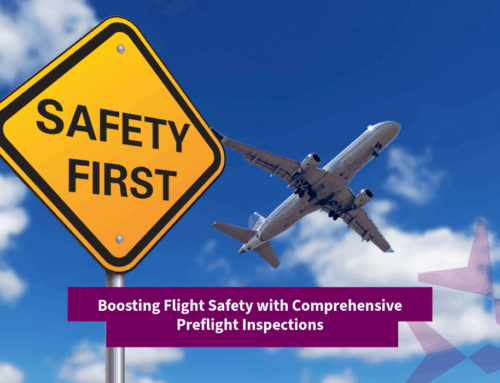The Role of Technology in Modern Flight Support Services
Flight support services have always played a crucial role in ensuring the safety, efficiency, and smooth operation of flights. As the aviation industry has grown, so too has the complexity of flight operations, necessitating the integration of modern technology to handle increasing demands. Today, technology is at the core of flight support services, driving improvements in areas such as communication, efficiency, safety, and customer service. This article explores the critical role technology plays in modern flight support services and how it enhances the overall aviation experience.
The Integration of Digital Systems in Flight Support Service
The evolution of flight support services has been significantly shaped by digital transformation. The use of digital systems has streamlined processes, reduced human error, and enabled real-time updates.
1. Flight Planning and Optimization Software
In the past, flight planning was a manual process, requiring operators to review weather data, charts, and air traffic regulations manually. Today, flight planning software provides operators with automated tools to calculate the most efficient flight routes, taking into account factors such as weather conditions, air traffic, fuel consumption, and time zones. These systems can automatically adjust flight plans in real-time to minimize delays and reduce fuel costs.
Moreover, these advanced tools provide operators with access to detailed aeronautical charts, enroute weather information, and digital navigation maps, ensuring safer and more accurate flight planning.
2. Communication Systems
Clear communication is essential in the aviation industry, and technological advances have drastically improved the speed and reliability of communication between all involved parties. Today, flight support services rely on satellite communication, automated messaging systems, and digital communication tools to enable real-time coordination between airlines, pilots, airports, air traffic control, and ground services.
This ensures that flight crews have up-to-date information about their routes, weather conditions, and any other important operational details. It also allows operators to quickly address any issues or changes, improving efficiency and reducing delays.
Artificial Intelligence and Automation in Flight Operations
As the aviation industry becomes more digitized, artificial intelligence (AI) and automation have started playing key roles in enhancing flight support services.
1. Predictive Analytics for Maintenance and Safety
One of the most exciting applications of AI in flight support services is predictive maintenance. AI-powered systems analyze data from aircraft sensors and historical flight records to predict when maintenance or repairs are needed. This reduces the likelihood of unexpected breakdowns and ensures that aircraft remain in optimal condition, ultimately improving safety and reducing operational downtime.
In addition, AI can help airlines and flight operators monitor and assess the condition of aircraft in real-time, sending alerts when any issues arise. This predictive capability minimizes the risk of mechanical failures and improves the overall safety of flight operations.
2. Automation of Ground Operations
Ground handling services are crucial to ensuring the smooth arrival and departure of flights. Tasks such as baggage handling, fueling, cleaning, and catering have traditionally required a large human workforce. However, automation has begun to play an increasing role in these areas. Robotics and automated systems are now used for cargo handling, baggage tracking, and even aircraft inspections.
Drones are also starting to be utilized for routine aircraft inspections, such as checking for damage on the body of the plane or assessing the condition of runway markings. This reduces the need for human intervention in potentially hazardous environments and increases the speed and accuracy of inspections.
Real-Time Data and Decision-Making
Real-time data is now a cornerstone of modern flight support services. By utilizing various data sources, flight support services can make quicker, more informed decisions that positively impact flight operations.
1. Flight Tracking and Monitoring
Modern flight tracking systems use real-time data to monitor flights from takeoff to landing. These systems provide flight crews, air traffic controllers, and ground operators with up-to-the-minute updates on a flight’s position, altitude, speed, and any potential delays or diversions. This data can be used to optimize flight routes, manage air traffic, and ensure timely arrivals and departures.
For instance, during severe weather or air traffic congestion, flight support services can adjust flight paths or manage delays based on live data, ensuring that passengers and crew are always kept safe and informed.
2. Fuel Management and Cost Efficiency
Fuel management has always been a significant component of flight operations, and technology is helping operators maximize fuel efficiency. Advanced fuel management systems utilize data analytics and real-time information to monitor fuel consumption during flights. This allows operators to adjust flight plans and reduce fuel waste.
Additionally, these systems help flight operators evaluate the most cost-effective fueling options, taking into account factors such as fuel prices at different airports and the most efficient refueling times.
Enhancing Customer Service Through Technology
Technology is also transforming the passenger experience, providing more personalized and efficient services. Many flight support services now leverage technology to improve customer interactions, enhance communication, and provide real-time information to travelers.
1. Self-Service Platforms
Self-service kiosks, mobile apps, and digital check-in platforms have become integral to modern aviation operations. These tools not only allow passengers to check in quickly and print boarding passes but also provide real-time updates on flight status, baggage tracking, and even gate changes. These platforms are designed to streamline the travel experience, reduce wait times, and minimize human errors, resulting in a more seamless journey.
2. Chatbots and Virtual Assistants
AI-powered chatbots and virtual assistants are becoming common in the aviation industry, providing passengers with quick and reliable answers to questions about their flights. These systems can handle booking inquiries, provide flight status updates, and even offer personalized recommendations for services such as lounges, meals, and duty-free shopping.
By offering 24/7 assistance, virtual assistants improve customer service and ensure that passengers have all the information they need at their fingertips.







